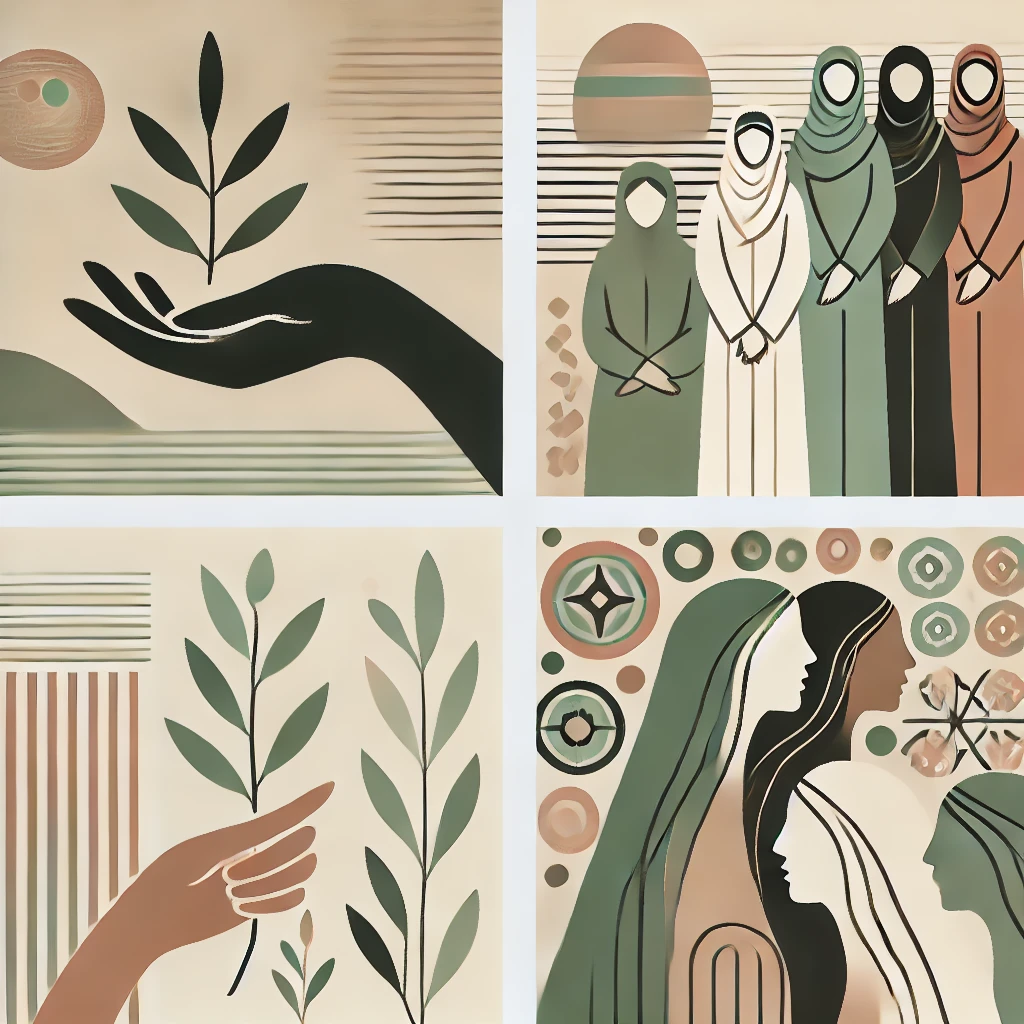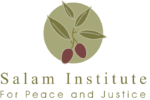
We all may agree on women’s critical role in bottom-up approaches to peacebuilding and the need to further engage women in top-down peace processes.
This Salam Institute Newsletter highlights several examples of women in the Arab region who devoted their work and committed their lives to advancing peace in their communities and their interpersonal lives. We share these stories in an attempt to shed light on life-generating experiences to counter the current sense of hopelessness and helplessness that dominates the private and to some extent the public spaces. The work of these women inspires hope and a message of empowerment, especially to young generation who are seeking ways to cope with the harsh reality of structural violence and militarization. The extent of the ongoing contributions of Arab women to various social cohesion and peacebuilding demonstrates the need for further initiatives.
Despite this contribution, women in the MENA region continue to face gender-based violence (GBV) at the second highest rate in the world, affecting 35% of women.
In addition to the GBV and socioeconomic instability they face, it is empirically proven that women in the Arab region are also often perceived as victims of patriarchal society and living in an unending crisis. Nevertheless, these women are the driving force behind preserving their communities and advocating for their rights. Today, war, lack of security, limited political opportunities, and restricted access to funds have limited their capacity to enhance their role in effectively responding to conflicts in their communities.
Based on Stone’s (2014) quantitative study of 156 peace agreements over time the likelihood of an agreement lasting at least two years rose by 20% when women made decisions and acted as mediators and negotiators.
The probability of the deal lasting for 15 years rose by 35%. This shows the need for women to be involved in conflict resolution processes. This also illustrates the need for women to be involved in conflict resolution processes. In 2021, UN Women established the “Young Women in Peacebuilding programme in the Arab States Region” network of 50 young women from the Arab states. This encompasses advancing the 2030 Agenda for Sustainable Development, adhering to the Convention on the Elimination of All Forms of Discrimination against Women (CEDAW), implementing the Beijing Declaration and Platform for Action, and upholding UN Security Council Resolutions 2250 on Youth, Peace, and Security, as well as 1325 and subsequent resolutions on Women, Peace, and Security. Notably, The Programme was renewed last year as it was a success in addressing those features outlined by the UN Women. The Women of Middle East for Peacebuilding strive to foster peace in the Middle East and North Africa by promoting women’s participation in peacebuilding discussions, facilitating dialogue among women with ties to the region, and increasing the visibility of women experts internationally. These examples showcase the significant and potential efforts in advancing peacebuilding and highlight the crucial role women play in fostering stability and reconciliation in the region.
Women’s peacebuilding efforts are not without significant struggles, Arab women face different obstacles, including GBV, SGBV, lack of access to education and healthcare, and societal restrictions. The limited opportunities for political positions, whereby there are only a few women at the negotiation tables or political leadership have hindered consolidating the role. The prolonged conflict in the MENA region creates an environment of constant uncertainty and danger which makes their work even more challenging.
As in other conflicts, women and children are the most vulnerable and marginalized sectors in society, which are often most affected by the war. The ongoing war on Gaza provides a clear example of such a reality.
Despite these harsh conditions on the ground women in the Arab region have promoted values and practices of forgiveness and reconciliation in many forms and shapes. They also have shown incredible strength and resilience in advocating for a community without violence. Women’s work often involves personal sacrifices, making an effort to mend relationships to create a space for forgiveness and reconciliation.
To contribute to initiating peace in the region, women have a critical role in advancing more inclusionary practices in politics and peacebuilding initiatives. It is undeniable that women’s inclusion in peacebuilding in the region is low and needs to be improved as they have a much bigger presence in informal processes. Their unique resilience coupled with their deep understanding of their communities make them invaluable in achieving sustainable peace. Therefore, it is paramount to not only support but empower women in the Arab region, and make sure they have the resources to contribute effectively to peacebuilding processes.
